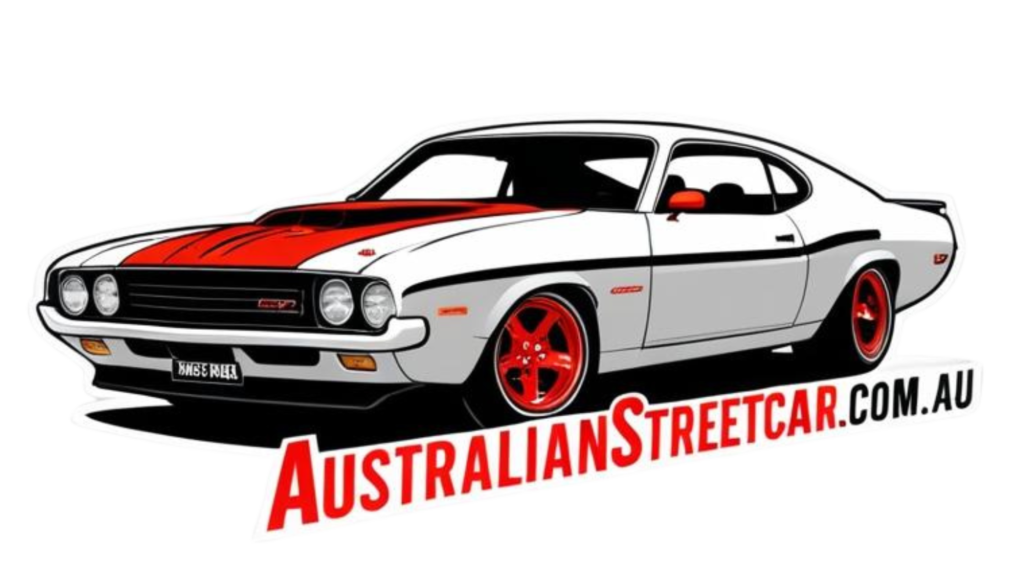Motor shows, once the pinnacle of excitement in the automotive industry, are now facing a questionable future. The allure of these grand events seems to be fading in the wake of our increasingly digital lives and the rise of exclusive showcases like Goodwood and Monterey. The Paris Motor Show, a historic event in the industry, is a prime example of this shift.
In the past, the anticipation surrounding major motor shows would spark enthusiasm and eagerness among car enthusiasts worldwide. However, in recent years, even the most prominent global shows have failed to generate the same level of buzz. The 2024 Paris Motor Show, for instance, showcased a limited array of new cars, with notable absences from major manufacturers like Mercedes, Honda, and Toyota.
As technology advances and live streaming becomes more prevalent, the relevance of traditional motor shows is being called into question. Manufacturers face exorbitant costs to participate in these events, while online platforms offer a cost-effective way to reach a broader audience. The appeal of showcasing cars in a static environment is diminishing as consumers can now explore new models in detail online.
For consumers, the convenience of accessing detailed information about new models online has diminished the appeal of attending motor shows in person. The lack of interactive experiences and the inability to test drive vehicles at these events further contribute to their declining popularity. In contrast, events like Goodwood Festival of Speed offer a more engaging and dynamic platform for showcasing cars.
Despite the evolving landscape of the automotive industry, the debate over the future of motor shows continues. While some argue that these events still hold value in offering a physical space to experience new vehicles, others believe that their significance has waned in the digital age. The question remains: are major motor shows becoming obsolete?

As the industry grapples with changing consumer preferences and technological advancements, the fate of motor shows hangs in the balance. Whether these events will adapt to meet the demands of a modern audience or gradually fade into history remains to be seen. The evolution of motor shows reflects the broader shifts occurring in the automotive landscape, where traditional practices are being reevaluated in light of emerging trends and technologies.

📰 Related Articles
- Wikipedia’s Future Amid AI Disruptions and Misinformation Challenges
- Rory McIlroy Leads Truist Championship Odds Amid Venue Shift to Philadelphia Cricket Club
- Petrochemical Industry Shows Signs of Stability Amid Market Shifts
- Nissan Frontier Plug-In Hybrid Ute Unveiled at Auto Shanghai Motor Shows
- How Ron Skinner & Sons Navigates Motor Shows Approval Amidst Fire Aftermath




